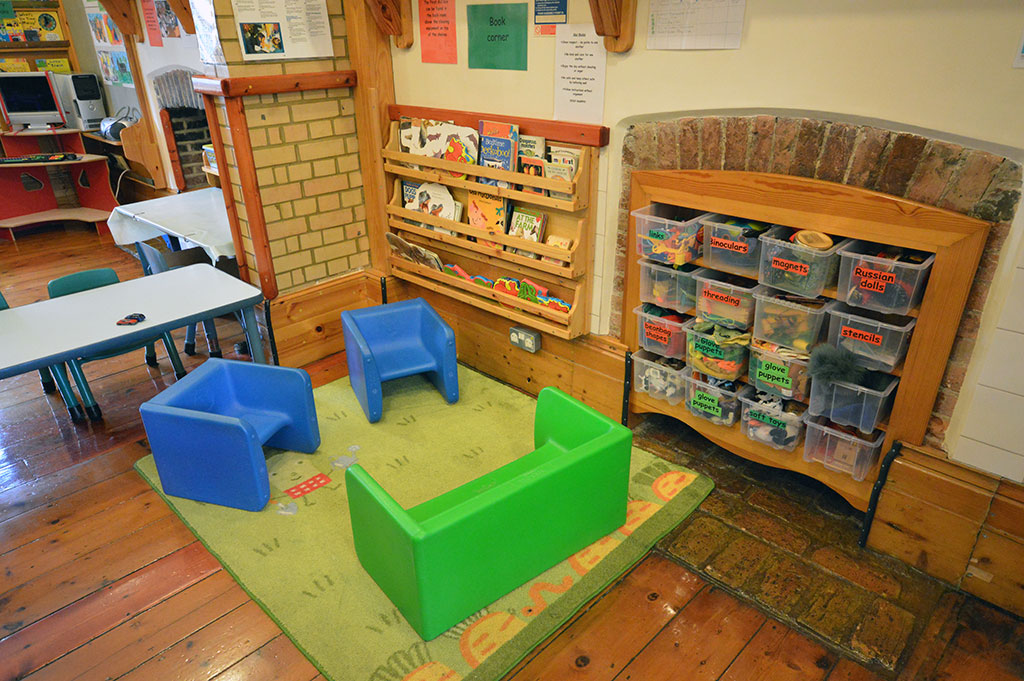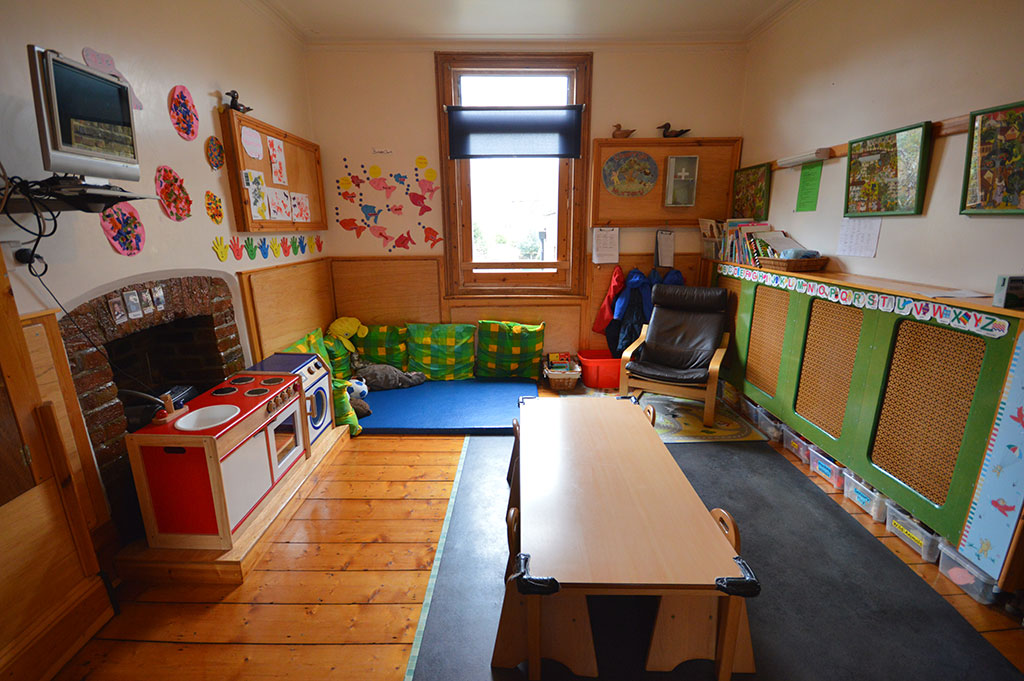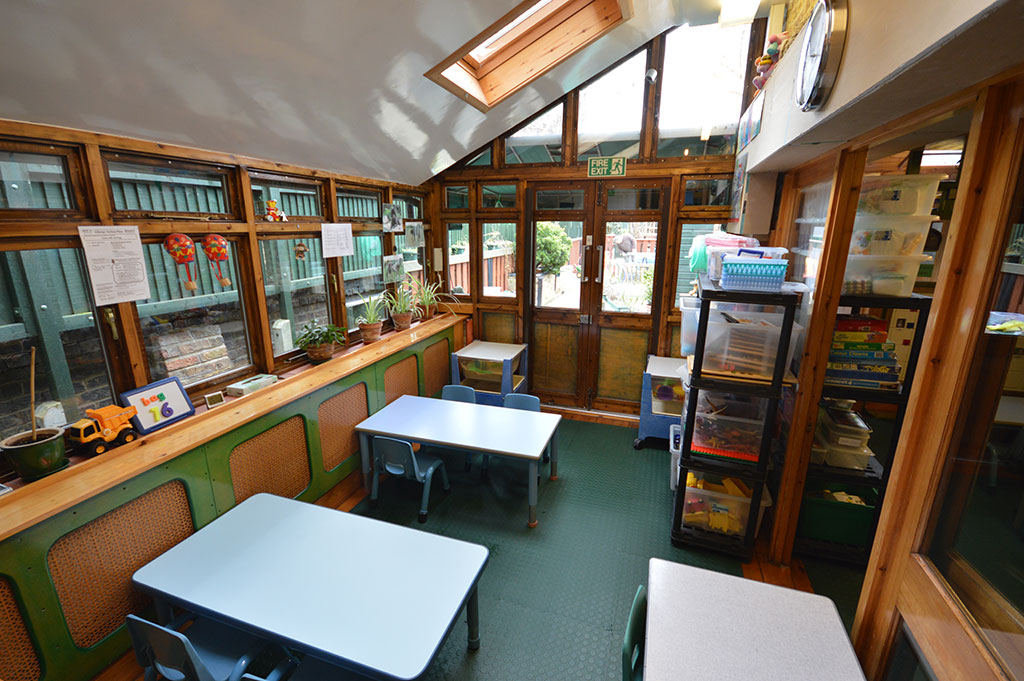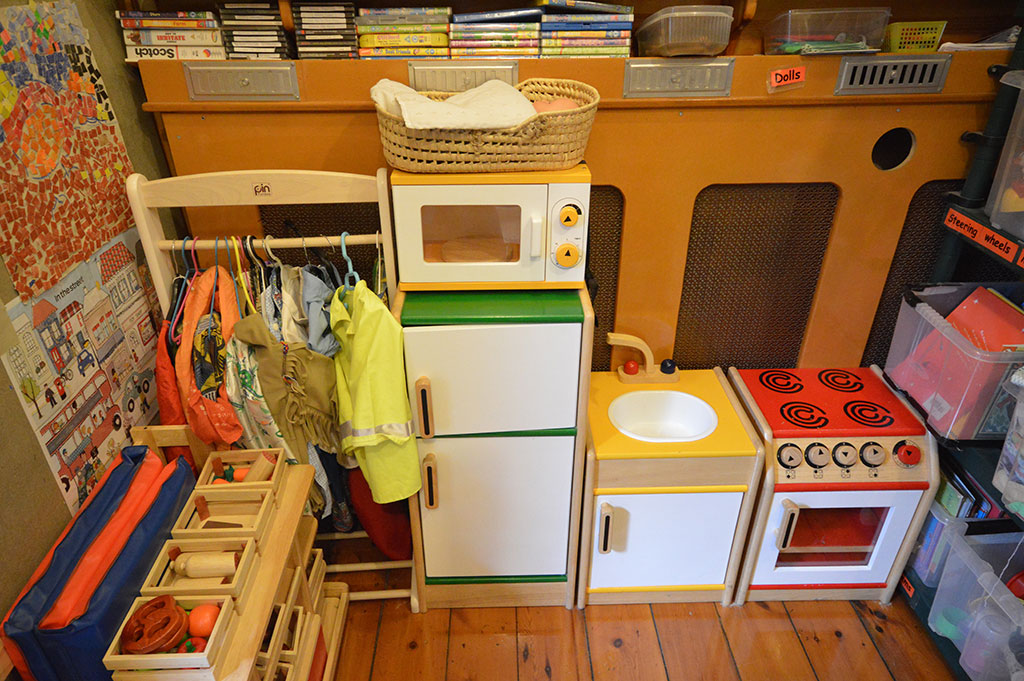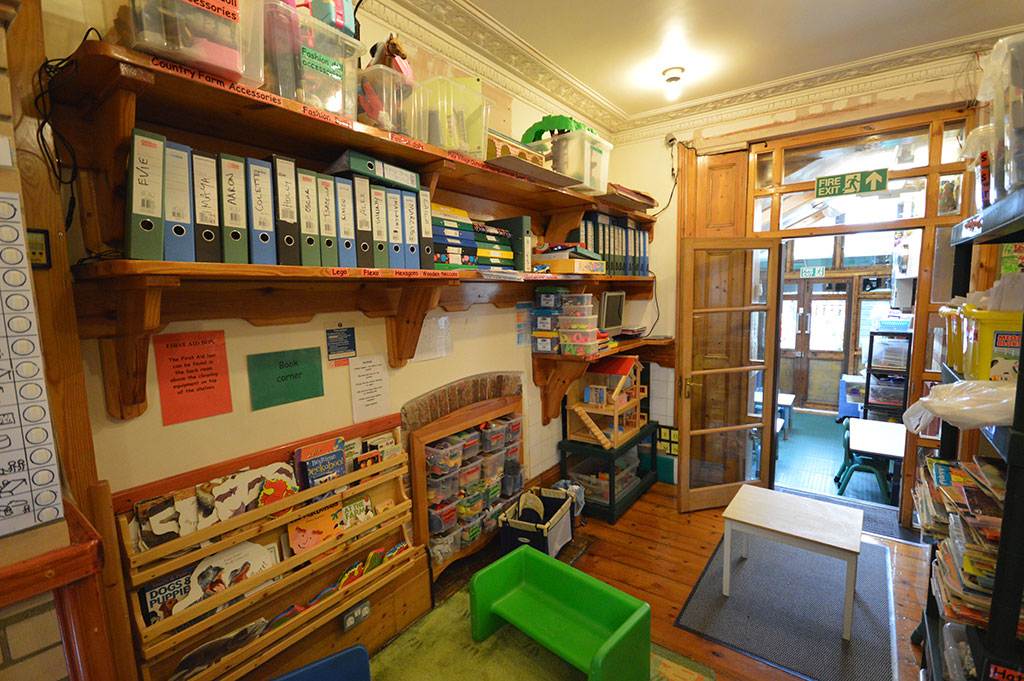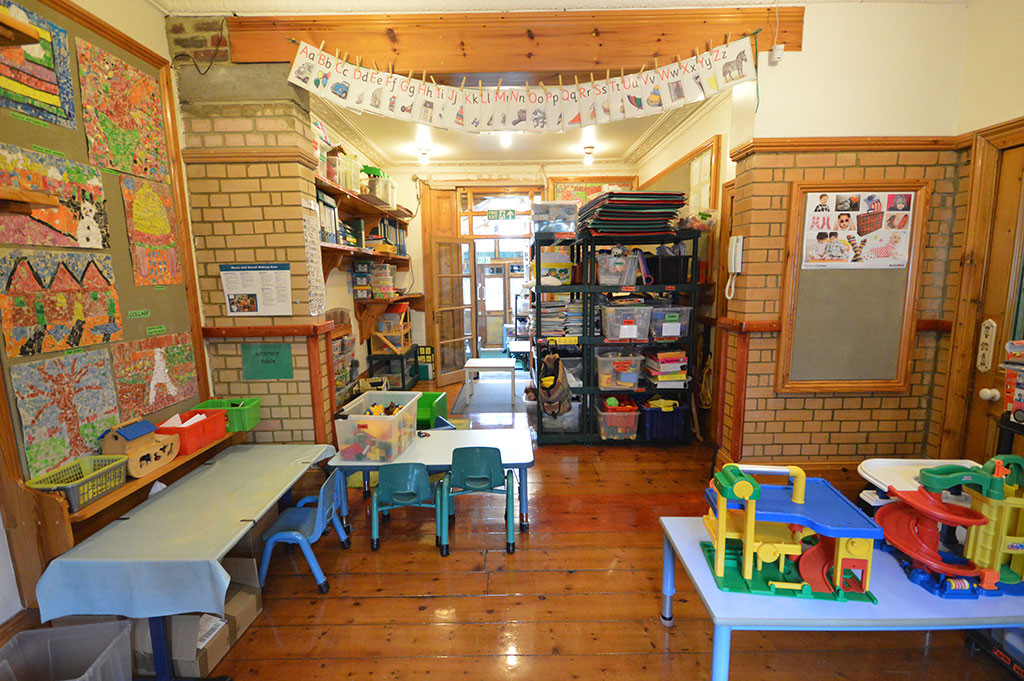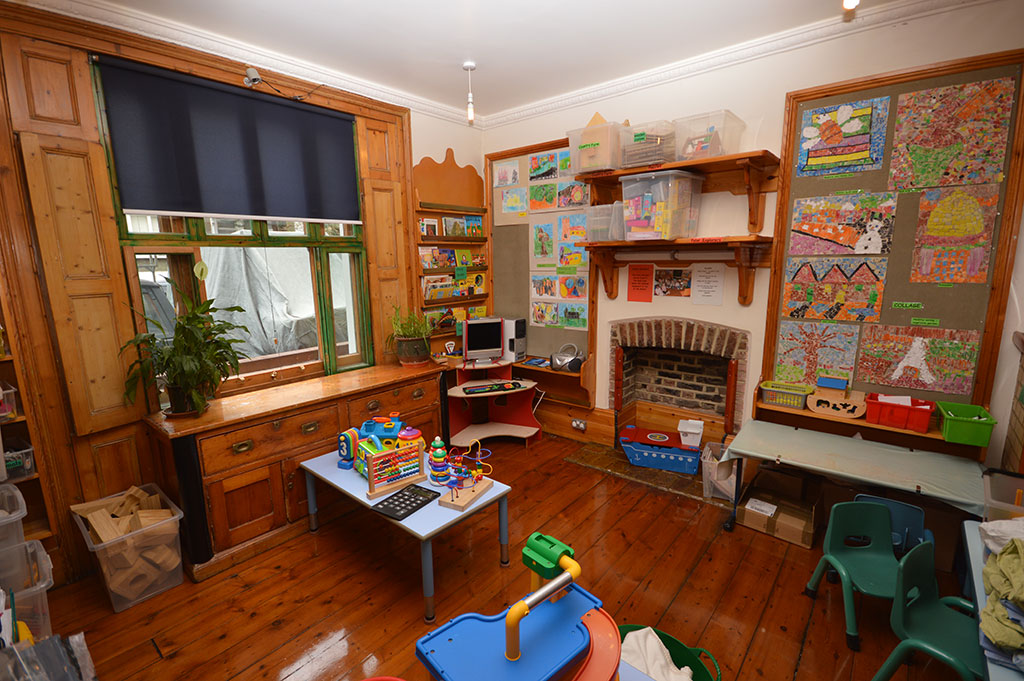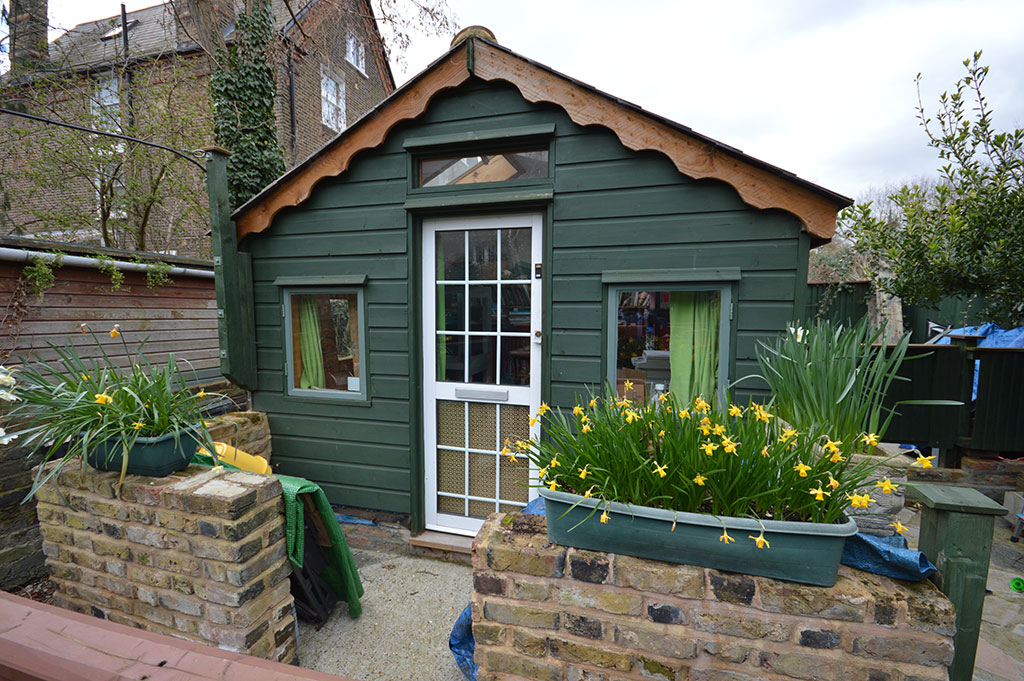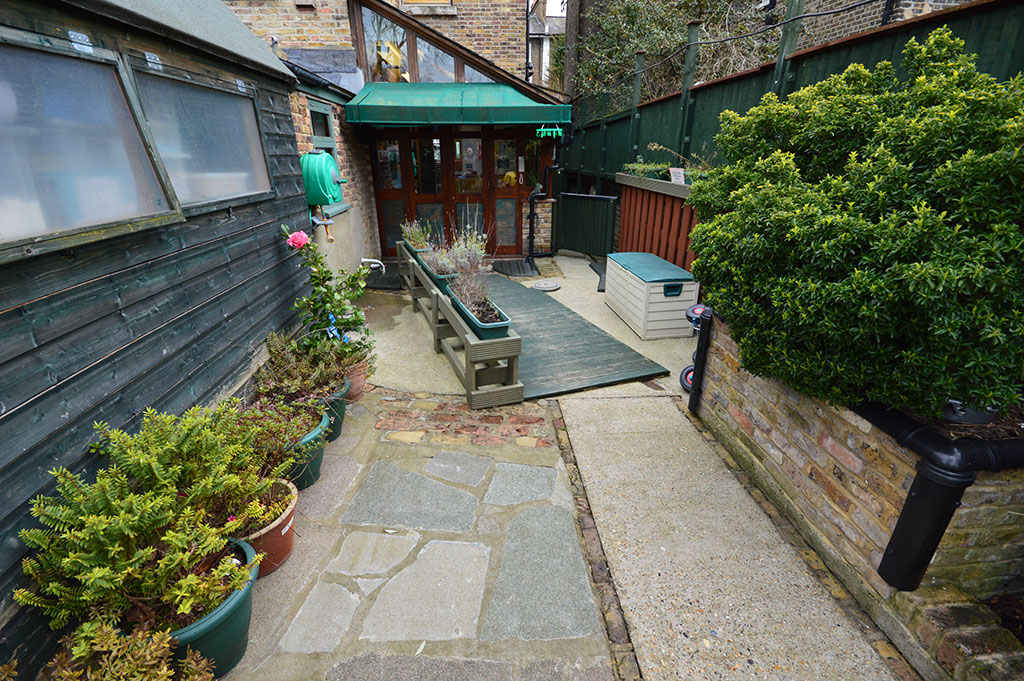a wide range of play and activities
At Cherryli, your child will learn about the world through a wide range of play and activities, from books to bikes, reading to running, patterns to potato printing!
Personal and social skills, communication, literacy, mathematics, physical skills and creative abilities will all be developed. We will communicate with you regularly to discuss your child’s progress.
Book a tourIndoors




Outdoors




Ofsted foundation stage requirements
Each session contains elements of the these compulsory areas of learning:
Personal, Social & Emotional
Children are encouraged to complete their individually named work and take pride in the collective display. At Cherryli we nurture respect and tolerance, valuing the rich diversity of cultures, beliefs and traditions represented by our multi-cultural society.
Knowledge & Understanding
Children explore objects and describe, draw and paint them. They can build, design and make things, then talk about what they are doing, and so learn through creativity.
Mathematics
Work in this area includes regular input on shapes, pattern, scale and size, number recognition, addition and subtraction connected to a range of activities.
Communication
The skills of clear and effective communication are fostered and built upon.
Literacy
Work includes encouraging early writing attempts. The nursery provides a wide range of reading materials.
Physical
Work includes encouraging early writing attempts. The nursery provides a wide range of reading materials.
E.A.D
Activities which enable children to express their imagination through both concrete means (painting, drawing, constructing) and abstract (drama, role play, sound stories) are a core part of our week.

What does Ofsted say about Cherryli?
Children arrive happy and ready to start their day. They are welcomed by friendly practitioners, who know them well. The children show they feel safe by confidently leaving their parents and seeking comfort from the practitioners, when needed. Their positive attitudes towards learning are evident as they explore their surroundings and express curiosity about the activities available.
Practitioners assist all children to make progress. They are familiar with their key children and provide tailored activities that promote learning and help them reach their goals. For instance, children enjoy pretending to make pizza with dough. They discuss what topping they want and talk with practitioners about the food they like.
Practitioners are positive role models, communicating respectfully with one another and approaching children gently. They encourage children to become independent in their self-care routines, teaching them the importance of good hygiene practices, such as washing hands before meals and after using the toilet. Children behave well and demonstrate kind actions. For example, children politely ask their friends for help, or offer help by giving up a toy when requested.
Here are some excerpts from our most recent Ofsted report …
The nursery environment is well presented and conducive to the provision of good quality childcare.
Practitioners support children’s language and communication skills. They model correct pronunciation, and introduce new vocabulary.
Leaders and practitioners have a good understanding of how to support children with special educational needs and/or disabilities.
Children who speak English as an additional language are supported well.
Practitioners build good relationships with parents.



